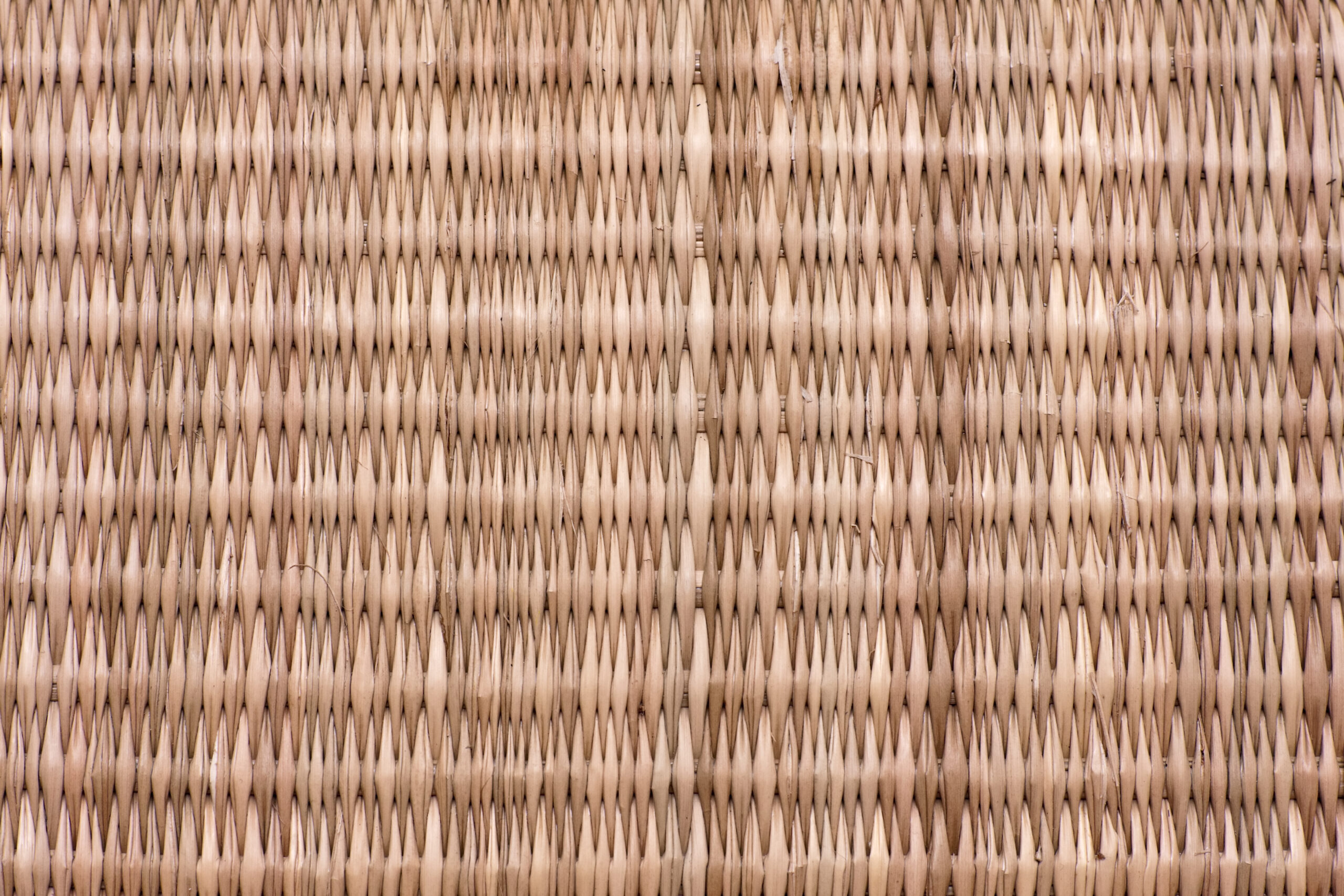Translated by KATHARINE HALLS
Piece appears below in English and the original Arabic.
Missile One
A straw basket hangs from the side of a vehicle parked at the corner of your street. You assume it’s displaying fresh parsley, or strawberries, and you approach the man you assume is the vendor. His eyes repel you like blazing heat as he trains his Kalashnikov on you; you falter, want to explain why you have come toward him, you look at the basket and are stunned to see that it contains RPG missiles, arrayed with delightful geometry, and now you need to apologise to him for your inquisitive staring otherwise he’s going to empty that rifle into your head. But it’s pointless attempting to do anything because you’re rooted to the spot, which is what always happens when you’re scared, so you take hold of your eyes with your hands and scrape out the pupils with your thumbs, then hand them to him with an I’m sorry, because it’s the pupils specifically that have got you tangled up with him. He looks at you and swiftly loads his launcher ready to fire it at you. You dodge right and left, crashing into the walls around you, you duck into buildings one after another, and then you find yourself in your own quiet home, your wife beside you laying the lunch, and there in the centre of the magnificent dish of rice is a home-cooked RPG grenade.










